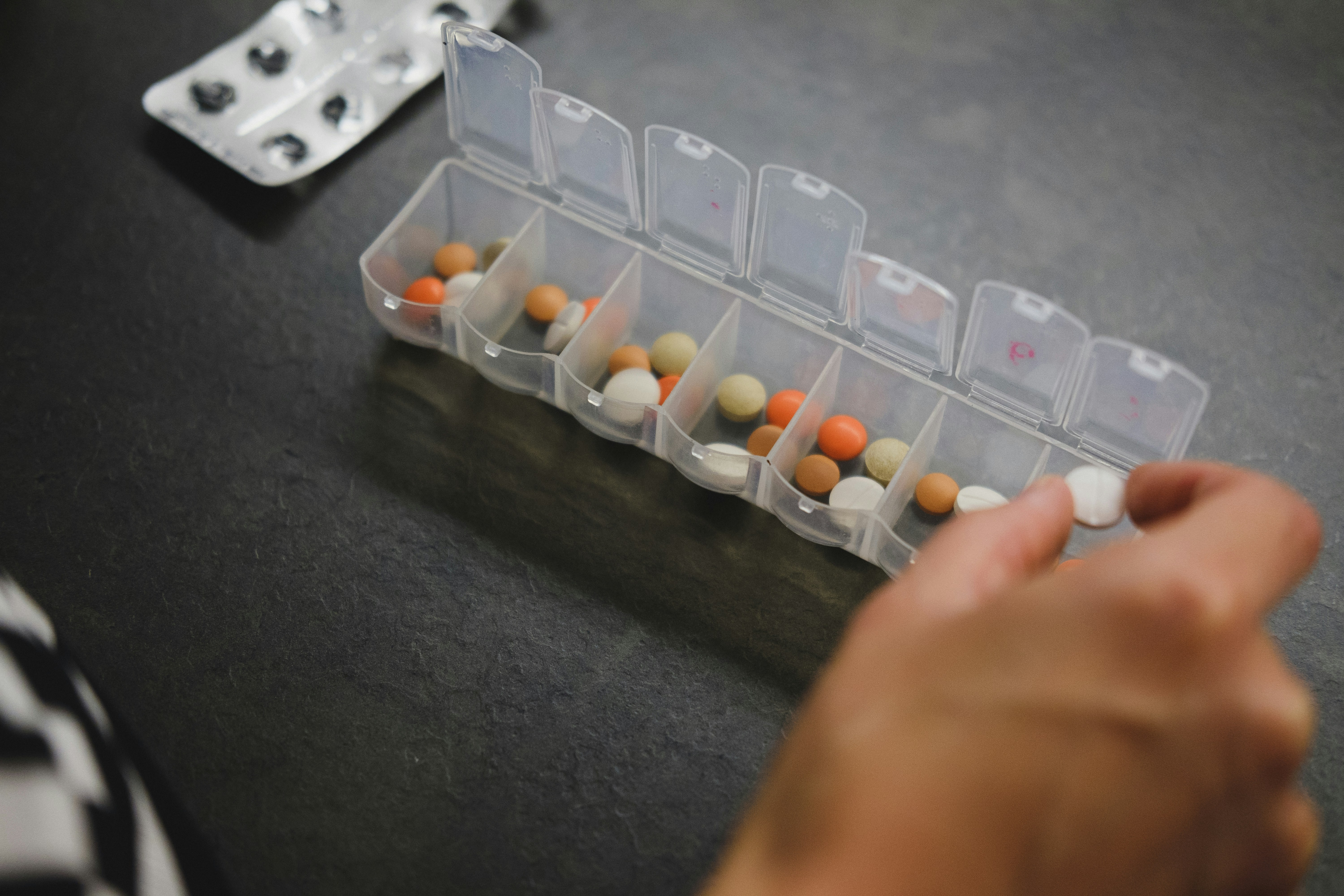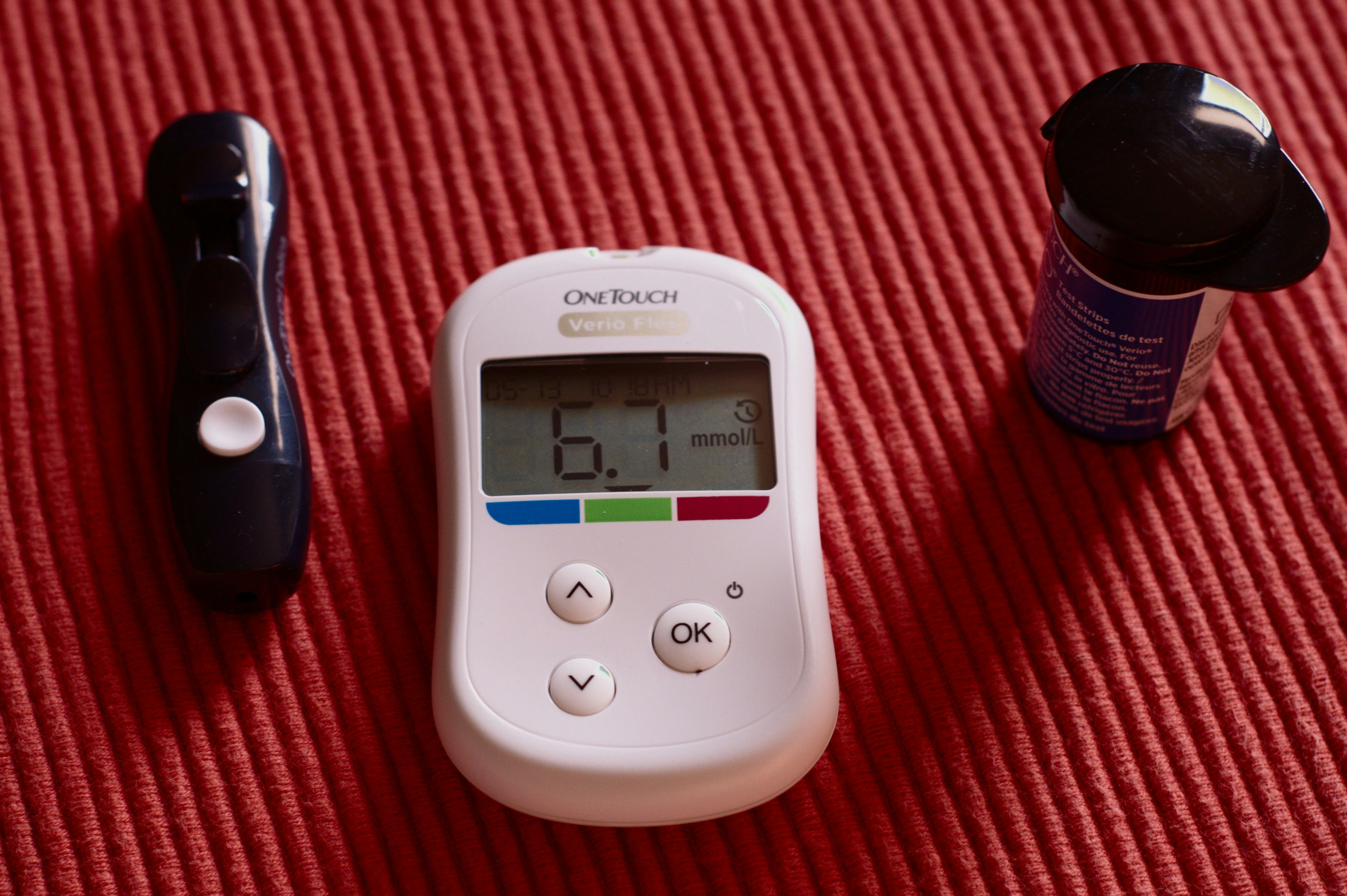In the United States, there are more than 34 million people with diabetes, a life-threatening disease. When your body doesn’t produce any insulin, you have type 1 diabetes. If your body doesn’t process insulin properly, you have type 2 diabetes. Pregnant women sometimes have problems processing insulin—a condition called gestational diabetes. Gestational diabetes is usually only an issue during pregnancy and affects 1 in 10 pregnant women.
Without treatment, diabetes can cause confusion, and people with diabetes are also prone to infections. Diabetics may faint, develop kidney disease, lose their vision, suffer from nerve damage, or end up in a diabetic coma when the disease isn’t managed.
Diabetes additionally impacts choices about what to eat, what activities can be done safely, and other facets of daily life. Diabetics can experience diabetic distress from the emotional toll of living with this illness. Fortunately, there are resources that can help you manage diabetic distress.
1. Use Therapy

You can receive professional support from a therapist or social worker by using teletherapy in Maryland. Baltimore Therapy Group has a team of experienced, qualified mental health professionals. Your counselor will be able to help you process your stress and develop strategies to help you cope with the strain diabetes takes on your mental health.
One of the advantages of teletherapy is that you can connect with a counselor from the comfort of your own home, where you can test your blood sugar levels or get a snack if your blood sugar is low.
2. Access Affordable Medication

Diabetics face extensive medical costs. You need to be able to monitor your blood sugar levels, which means you will need a blood sugar meter and test strips. You may also need to inject yourself with insulin if you have type 1 diabetes or take glucose tablets.
Novolin r is a medication that can be prescribed to lower your blood sugar levels, and you can turn to USARx to save money on medication. USARx specializes in offering prescription medications at discount prices, which will help reduce the financial burden of living with diabetes.
3. Get In-Home Assistance

Personal care aides are professional support staff who can visit you in your home and complete basic tasks. They may be able to cook or clean for you or take you to medical appointments. This can be very helpful if you are experiencing vision issues because of your disease.
Home health aides are like personal care aides, but may also be qualified to give you medication. Both personal care aides and home health aides can offer emotional support to help you when you are coping with diabetic distress.
4. Join a Support Group

People who do not have diabetes do not completely understand what it is like to live with it. Type 1 diabetics know there is no cure. They will have to manage their illness every day of their lives. Type 2 diabetics often feel responsible for their condition, because type 2 diabetes is often linked to obesity.
Diabetic support groups provide a safe way to connect with other diabetics who understand your feelings about your illness. You can help manage diabetic distress with support from others who know what you’re going through. You will also feel better from connecting with others who share your experiences and frustrations.
5. Set Realistic Goals

Diabetics may need to have regular snacks to maintain blood sugar levels. You may also need to test your blood if you experience any of the side effects of high or low blood sugar, such as fatigue or irritability. For example, beginning an exercise routine may be challenging because diabetics often need to go to the bathroom frequently.
It’s important to pace yourself and set attainable goals. You may need to take breaks during some activities. Schedule regular bathroom breaks so that you can feel a sense of accomplishment instead of concentrating on the interruptions.
6. Reward Yourself

You may feel like your life revolves around your condition because you have to monitor your diet and exercise. The need for blood sugar testing and medication can make it feel like your disease impacts your entire day.
It is okay to take a day off from exercising sometimes. You can also adjust your diet to allow for special snacks. Learn to make sugar-free cakes and desserts so that you can have a treat with friends and family. This will reduce your feelings of frustration and isolation because you will be able to celebrate special occasions.









